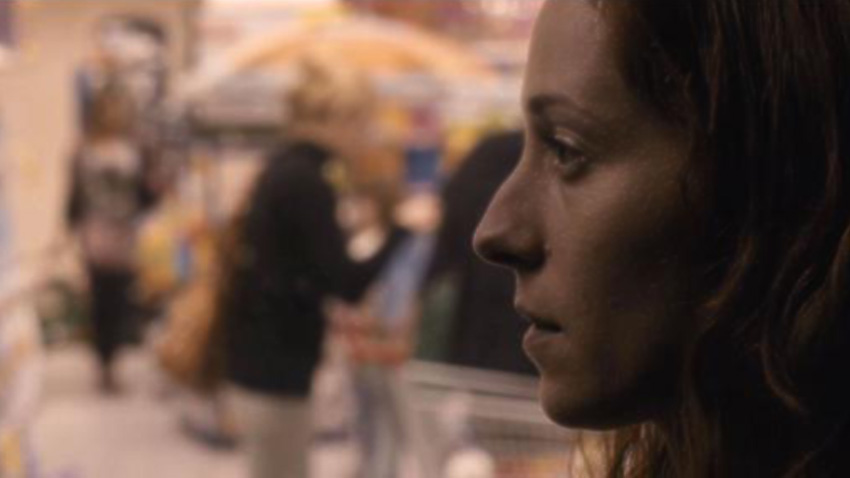On 29 and 30 June screenings were held in Vlaykova Movie Theater in Sofia of the film Lesson by Bulgarian film directors Kristina Grozeva and Petar Valchanov and September by Greek filmmaker Penny Panagiotopoulou. The Bulgarian-Greek film nights are on the program of the new Aristoteles Greek-Bulgarian Society. It is part of the range of efforts to span spiritual bridges between Bulgaria and Greece, explains translator Zdravka Mihaylova.
In turn Georgi Grozdev explained that the society addressed educated people and represents a center for spiritual resistance to cultural decline. Here is a more optimistic perspective from Greek businessman Vangelis Karafotakis – said in quite good Bulgarian:
„Neither Europe, nor the Balkan community will fall apart. We have long and meaningful Balkan history that we share and this makes us some of the happiest people in united Europe. Well, of course we live in a world where many interests clash but we are good at survival, and we think about the future.”
What has determined the choice of the two films?

„The film September recounts the story of a different woman who could be Greek, Bulgaria or German”, says the Chairman of the society Yanis Lyolyos, graduate of sociology from the University of Sofia. “The film’s theme is getting closer that opens new horizons for thinking, friendship and love. The end is quite moving and after watching I felt enriched. On the other hand Lesson has been recommended to us by a seven people who do not known each other. One of the film’s producers is Greek, so part of financing comes from Greece, but this is not all.”
„We screen these films because they put burning issues to the audience”, says Vangelis Karafotakis. “If you take Brexit, it happened with the votes of people fearing refugees, and this is a key problem for Europe. Watching these films we ask who we are, who the others are and why we should accept differences.”
What is the Bulgarian contribution into the Aristoteles Greek-Bulgarian Society?
„There are great Bulgarian writers who have not been translated to Greek, such as Yordan Radichkov, a Nobel Prize nominee”, says Zdravka Mihaylova. “Thanks to the Greek publishing house Kedros works by Anton Donchev, Georgi Gospodinov and Alek Popov have been presented. They are featured in the Kedros Balkan Library series. Dimitar Talev and Dimitar Dimov were translated in the 1970s but the editions have long sold out. There is no good planning in the presentation of Bulgaria’s outstanding writers, i.e. we have to work hard to promote Bulgarian culture, so that movement on the bridge we are building is two-way.”
„We want to get out of our apartment and see what’s on in our neighbors’ place”, Yanis Lyolyos says. “We want to get acquainted, begin a dialogue and we have many ideas and are open to various proposals. For the time being we are volunteers, but there are institutions willing to support us. Our dream is to make things happen, not simply between our two capitals but between greater parts of our countries.”
English version: Daniela Konstantinova
On July 1, 1925, at 4:00 pm, the curtain rose at the Old Theatre in Stara Zagora for the first performance of Bulgaria's first opera company outside the capital. The choice of the local enthusiasts was "Gergana" by Maestro Georgi Atanasov. Among the..
The 'Corner of Kosovo' has been opened at the Sts. Cyril and Methodius National Library . It brings the total number of corners dedicated to different national literatures in the 'History of the Book' hall to 36. According to the Bulgarian..
The ancient Thracian epic comes to life on June 28 to the sounds of captivating music and spectacular choreography in the amphitheatre of Cultural and Tourist Center Aquae Calidae in Burgas , the Academia Orphica informs. In the..

+359 2 9336 661
